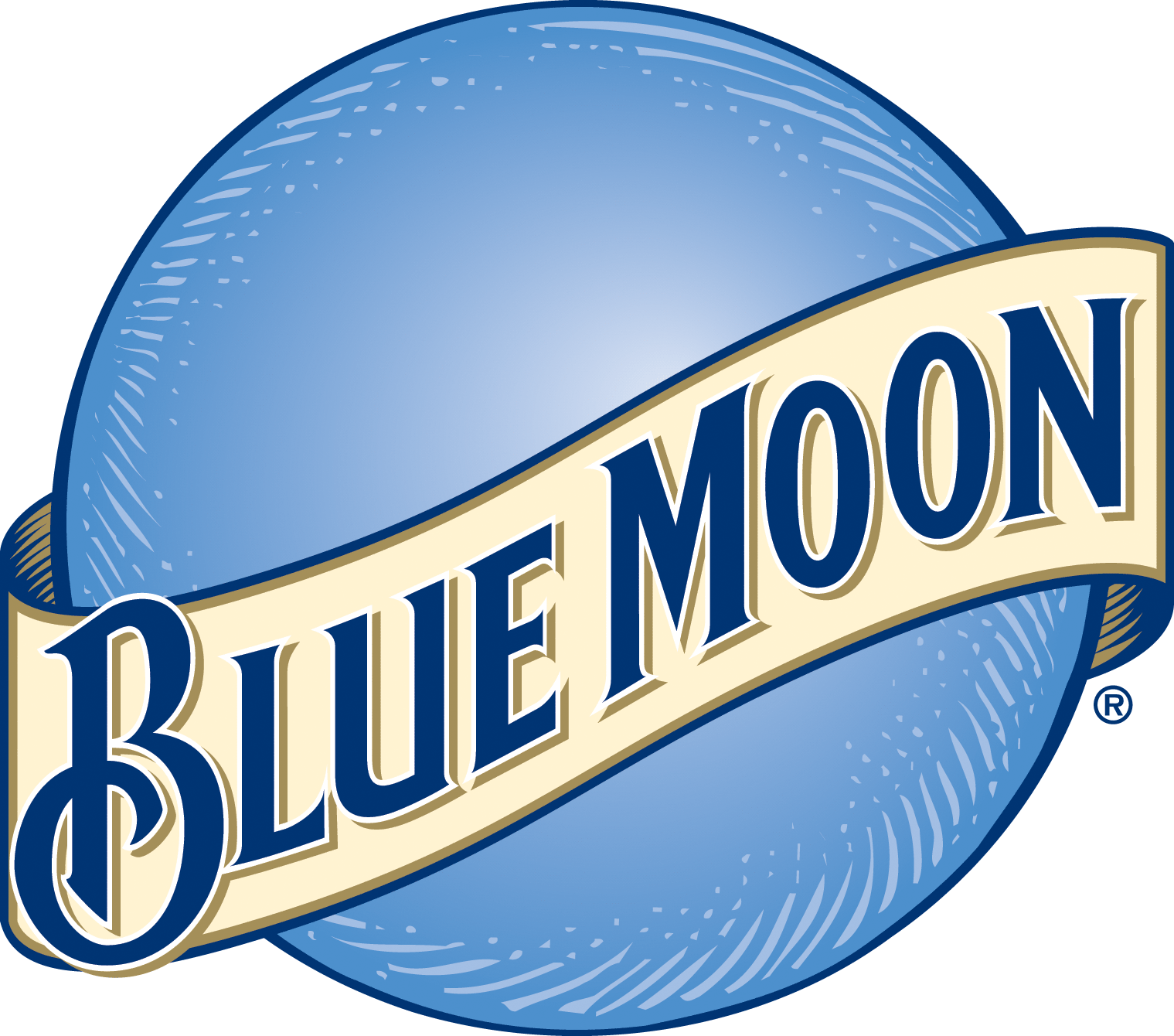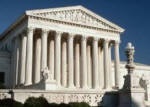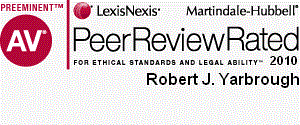Newsletter Issue 99 - September 2017
In this issue:
Copyright to the Klingon language
What is craft beer?
Balance in the patent system
Ask Dr. Copyright ...
Dear Doc:NuqneH! (Hello!) HIQaH! QaH! (Help!) Paramount Pictures
Corporation thinks that it owns the copyright to the Klingon
language. They're trying to use that copyright to stop production of
a fan film, "Prelude to Axanar" that is being developed with funding
from Kickstarter. How is it possible for someone to own an entire
language? jIyajbe' (I don't understand!)
Qapla'!,
Kahless the Unforgettable
Dear Kahless:
That's right. Here on Earth, in a law suit being heard in Federal
Court in Los Angeles (where else?) lawyers are arguing about
ownership of your language. The plaintiffs, Paramount Pictures, say
that they created Klingon, and own all of it. The defendants say
that copyright protects only expression, and not useful things like
languages. Both sides may have some of it right. After all, computer
languages are not copyrightable, but computer programs, which select
and arrange elements of the language are protected. Musical notes
are not copyrightable, but once they are arranged into a sequence,
rhythm, etc. the song is protected.
Paramount also says that Klingon is not useful, because it's a
made-up language and there are no Klingons with whom to communicate!
(I guess that they don't know about you, and about the many other
nerds...uh, fine aliens... who regularly speak and write Klingon.)
May be the lawyers haven't read ghIlghameS (the Epic of Gilgamesh),
Hamlet (Hamlet), paghmo' tIn mIS (Much Ado About Nothing) and pIn'a'
qan paQDI'norgh (Tao Te Ching). According to the Klingon Language
Institute (kli.org), "The people who do speak Klingon well are not
necessarily hard core Star Trek fans. When they get together they
use Klingon to recount adventures, reveal plans, write fiction, play
games, and get in and out of arguments. Klingon speakers have spoken
the language to meet as strangers, bond as friends and even continue
into romance." Even your Google searches can be set to Klingon!
Because this case is only in the preliminary stages, and nowhere
near a trial, the Doc can't predict the outcome. If I were you,
however, I'd think about taking a class in Esperanto.
Have a legal problem that's all Greek to you? Consult the lawyers at
LW&H. They speak both geek and legalese.
Until next month! qaStaHvIS yIn 'ej chep! (Live long, and prosper!)
The Doc
So What Is Craft Beer, Anyway?
Over the past several years, the question of what's a "craft beer"
and who qualifies to make a craft beer has been a front and center
issue among the brewing community. It started when "Macro Brewers"
began making "small" batch brews such as "Blue Moon" manufactured
and sold by the "Blue Moon Brewing Company," a subsidiary of the
MillerCoors brewing behemoth, the second largest brewing company in
the world. What's wrong with that? Apparently, nothing according to the latest court decision on the issue. In Evan Parent v. MillerCoors LLC, the plaintiff, Evan Parent, filed a class action suit against MillerCoors alleging that it deceived MillerCoors customers by marketing Blue Moon as a craft beer when it is not. Here are Parent's major contentions:
Blue Moon does not qualify as a "craft beer" as defined by the Brewers Association, which must (a) produce less than 6 million barrels of beer annually; (b) be less than 25% owned or controlled by a non-craft brewer; and (c) make beer using only traditional or innovative growing ingredients;
MillerCoor's use of its registered trademark ARTFULLY CRAFTED misleads consumers into believing that Blue Moon beer is a craft beer; and
The premium price of Blue Moon and its shelf "placement" among other craft beers misleads consumers into believing that Blue Moon is a craft beer.
These are not outrageous allegations but, of course, the proof is in the pudding (or facts) and that's what matters when you file a complaint. The plaintiff must show at a minimum that it has enough facts to make out a claim. MillerCoors didn't waste any time to move to dismiss Parent's law suit on grounds that he failed to allege facts that support his claim. The court agreed, writing that Parent's facts demonstrated nothing more than non-actionable puffery* on the part of MillerCoors and could not sustain a claim for customer confusion or deception. The court dismissed the complaint but gave Parent the opportunity to refile an amended complaint, which it did.
Parent's amended complaint added some new facts about MillerCoor's conduct in depicting Blue Moon as a premium craft beer. Plaintiff blamed MillerCoors for:
portraying Blue Moon as being invented by an independent brewer when, in fact, he was an employee of MillerCoors;
portraying Blue Moon as being brewed in small limited capacity brew pubs;
directing retailers to stock Blue Moon with other craft beers;
permitting retailers to use the Blue Moon trademark in advertisements representing that it is a craft beer;
advertising Blue Moon as a craft beer at concert venues; and
selling Blue Moon up to 50 percent more than average macrobrew.
The court was not persuaded. It observed that MillerCoor's never actually states it is a craft brewery and plaintiff failed to point to any statements made by MillerCoors that were capable of being proved false. For example, videos produced by MillerCoors show small brewing tanks but the company never states that the beer is not made at other plants. Nor does MillerCoors ever state that Blue Moon is created by an independent brewery. As to the pricing of Blue Moon, Parent could not point to any legal precedent that supports the notion that product pricing constitutes a representation or statement about the product. The Court dismissed Parent's lawsuit again offering it no further opportunities to amend.
It's understandable that craft brewers would be concerned. According to Bloomberg, Blue Moon accounted for 15 percent of U.S. beer sales in 2012 prompting MillerCoors to add more artisanal beers to its lineup. Bloomberg suggests that this might be good for the craft brewing industry creating more interest in small batch beers and giving the public what it wants. If you run a microbrewery keep in mind that you are free to "puff" too and in the process build strong brands just like the big boys.
*What is "puffery"? One court defines puffery as "the exaggerations reasonably to be expected of a seller as to the degree of quality of his product, the truth or falsity of which cannot be precisely determined."
It Was About time...
...for the Supreme Court to restore some balance to the
patent system. The power of patents has eroded over the last decade,
with the Supreme Court concluding that an infringer can only be
enjoined from infringing in rare circumstances (Ebay v MercExchange)
that pretty much any process that does not require a machine is not
patentable (Bilski v Kappos), that many biotechnology inventions are
not patentable (Mayo v Prometheus Laboratories), and that most
software inventions are not patentable (Alice v CLS Bank). The
clear-cutting of patent rights by the Supreme Court and the
tolerance of Congress for patent infringers led to the concept of
'efficient infringement' - the idea that it's a good business
practice to simply steal a patented invention because (a) the patent
owner may not sue, and (b) the patent may not be enforceable.
The Supreme Court has now decided a case that increases the risks of
deliberate infringement to the point that such infringement may no
longer be 'efficient.' The case is Halo v Pulse, decided on June 13.
The subject of Halo is 'treble' damages under the patent statute,
which provides that a patent infringer may be liable for money
damages of up to three times the patent owner's actual damages.
Before Halo, treble damages generally were not available to patent
owners because the Federal Circuit Court created barriers that were
rigid and all but insurmountable. In Halo, the Supreme Court
rejected the Federal Circuit's rigid rules and decided that the
trial judge has discretion to award treble damages. The Supreme
Court pointed to decisions from the 19th and 20th centuries to guide
judges in considering whether to award treble damages. Said the
Court:
Awards of enhanced damages under the Patent
Act over the past 180 years establish that they are not to be meted
out in a typical infringement case, but are instead designed as a
"punitive" or "vindictive" sanction for egregious infringement
behavior. The sort of conduct warranting enhanced damages has been
variously described in our cases as willful, wanton, malicious,
bad-faith, deliberate, consciously wrongful, flagrant, or - indeed-
characteristic of a pirate.
...
Consistent with nearly two centuries of enhanced damages under
patent law, however, such punishment should generally be reserved
for egregious cases typified by willful misconduct.
An 'efficient infringement' would by definition be willful and
deliberate. Now a potential infringer must consider whether it
wishes to risk treble damages when considering whether to
'efficiently' infringe a patent.

